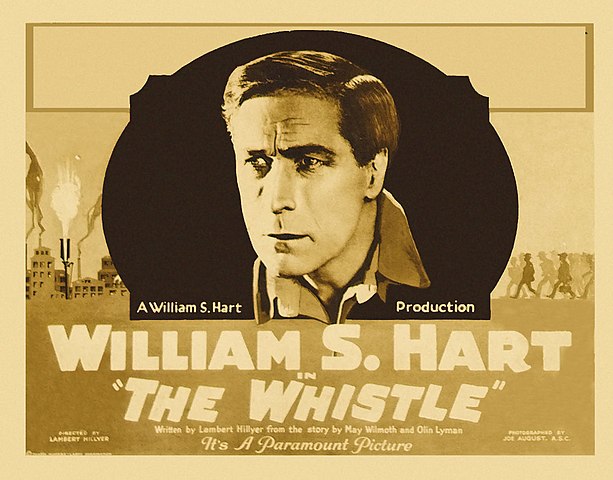
A newly available book should be useful for Thammasat University students interested in political science, history, social science, sociology, law, civics & citizenship.
Whistleblowing for Change: Exposing Systems of Power and Injustice edited by Tatiana Bazzichelli is an Open Access book, available for free download at this link.
A whistleblower is a person, usually an employee, who exposes information or activity within a private, public, or government organization that is deemed illegal, immoral, illicit, or unsafe.
The TU Library collection includes several books on different aspects of whistleblowing.
Whistleblowers bring information or allegations to the surface. Most report internally to a supervisor, human resources, compliance, or a neutral third party within the company, hoping that the company will address and correct the issues.
From outside a company, a whistleblower can bring allegations to light by contacting a third party outside of the organization such as the media, government, or law enforcement.
A number of laws exist to protect whistleblowers. Only about one-fifth of whistleblowers are successful in stopping illegal behavior, usually through the legal system.
Whistleblowers must have compelling evidence to prove their claims and hold corrupt companies or government agencies accountable.
Many corporations and government leaders see whistleblowing as being disloyal, especially in industries that handle sensitive client or patient information.
Whistleblowing for Change examines the wider effects of whistleblowing as an act of dissent on politics, society, and the arts. Interdisciplinary pathways are offered to empower the public by investigating whistleblowing as a developing political practice that has the ability to provoke change from within.
It is based on research conducted at the Disruption Network Lab in Germany.
The book notes:
In some contexts of law, politics, and society, whistleblowing is still targeted as a form of treason. This is seen not only in the context of releasing classified information, but also in the mindset that stigmatises such acts as something deplorable. The consequence is that in our society, whistleblowers are persecuted, disregarded, isolated, and strong measures are taken against them.
The editor believes that whistleblowing should become a civil right. The book is intended as a forum for creative inspiration on understanding how to make a difference in society. It is an invitation to dig deeper and keep fighting.
As its website indicates,
Disruption Network Lab is an ongoing platform of events and research focused on the intersection of politics, technology and society.
It is a Berlin-based nonprofit organization in Germany that organizes participatory, interdisciplinary, international events at the intersection of human rights and technology with the objective of strengthening freedom of speech, and exposing the misconduct and wrongdoing of the powerful. We develop work that advocates for the globally marginalised…The goal of the Disruption Network Lab is to present and generate new possible routes of social and political action within the framework of digital culture and information technology, shedding light on interventions that provoke political and social change. We offer a platform of discussion for whistleblowers, human right advocates, artists, hackers, journalists, lawyers and activists to present their experience, their research and their actions – with the objective to share ideas and visions for a free Internet and a modern democracy, and with the aim to strengthen human rights values and freedom of speech.

Whistleblowing for Change explains:
Whistleblowing is an act of social justice that is often performed individually and in isolation from peers, but it cannot be fully understood without considering it as strictly embedded in social, political and cultural dynamics. The social structure of friends, advocates, supporters and colleagues becomes extremely crucial before and after blowing the whistle. It is a resource for whistleblowers and people working on whistleblowing that needs to be considered as central in order to be able to contain the pressure of whistleblowing and to give a sense of belonging to a larger community. Isolation is also one of the multiple facets of persecution towards whistleblowers, and it is the responsibility of all of us engaged with this subject to provide a context for sharing, discussion and mutual trust among different actors in this field. Furthermore, acts of whistleblowing are usually based on the witnessing of events that happen inside a specific sector, which implies relations with colleagues and other people, and therefore possible consequences for these colleagues, as well as society at large. Working in this field, either as an advocate, or as a curator, activist, journalist, filmmaker, writer, etc., requires establishing an intensely sharing and close relationship with the people that blew the whistle. Acts of whistleblowing are often made possible thanks to a mutual network of trust that gave the whistleblower the right courage. At the Disruption Network Lab, we believe that the organisation of our events on the topics of whistleblowing and social justice is only the final stage of a longer journey, one that is based on closer research and scrutiny of the given subjects, but also on the careful development of personal relationships with the invited speakers that share their stories with our audience. We consider what happens before and after our events to be the central part of our work and the most relevant, because it is through the establishment of networks of trust that we can work collectively to provide literacy and, in the best cases, societal and cultural changes. The core of our work is to connect people, and to offer them the opportunity to exchange perspectives from different fields of work and investigation. Since 2014, we organised participatory, interdisciplinary, international events at the intersection of human rights and technology with the objective of strengthening freedom of speech. For each topic we analyse at the Disruption Network Lab, our central focus is to expose systems of power and injustice. How do we explain the systems of power related to a specific topic, and how can we find countermeasures to forms of injustice? Our approach is critical, stemming from within the subject, but also open to different expertise and to further investigation. In our events, we seek to combine people and groups with different backgrounds and knowledge, and to create a network based on the analysis of multiple points of view.

(All images courtesy of Wikimedia Commons)
